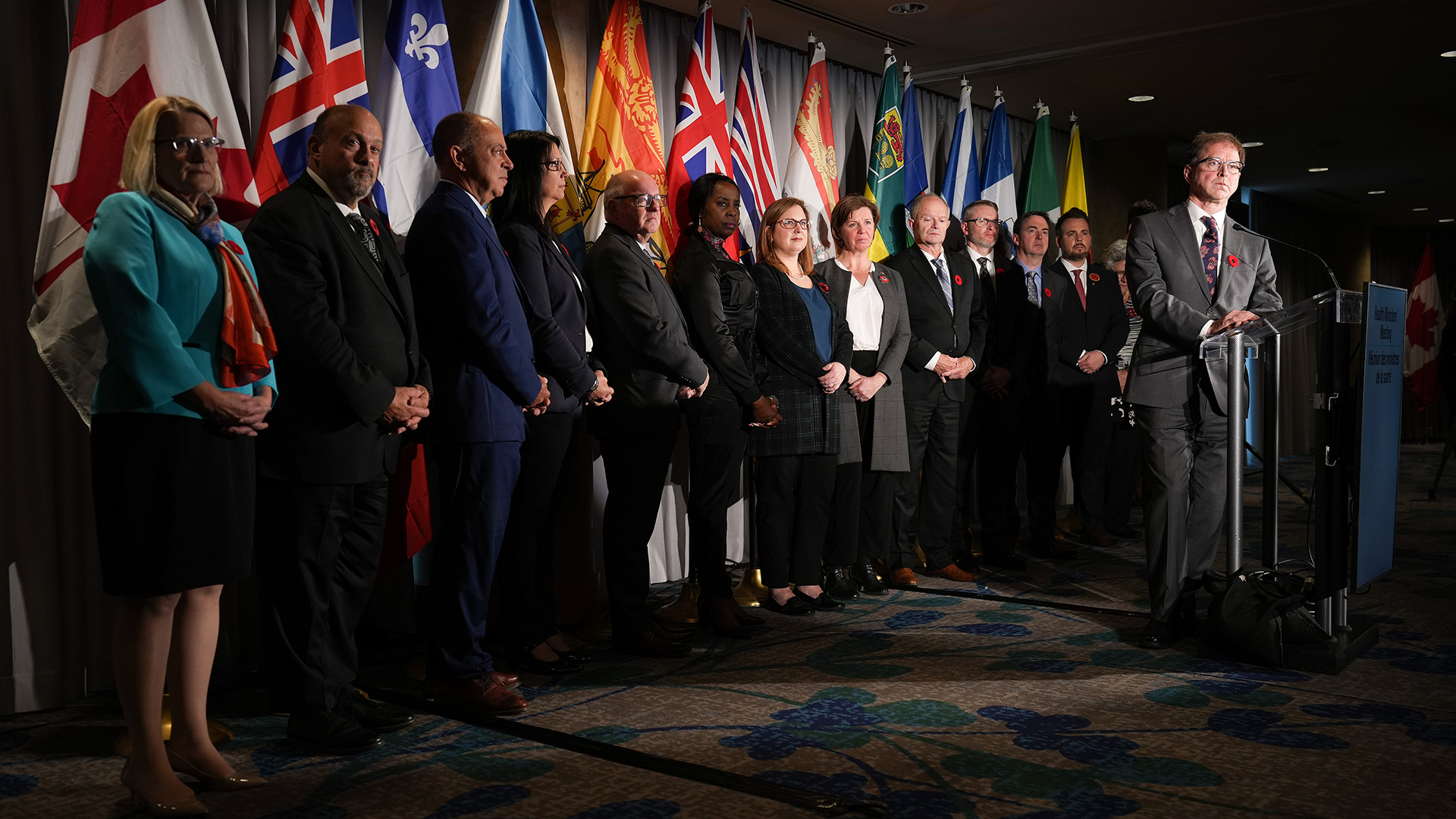
(Version française disponible ici)
The COVID-19 pandemic exposed serious weaknesses in our public institutions across the federation. As we emerge from the biggest health crisis in a century, it’s time to think critically about lessons learned and paths forward.
To this end, the Institute on Governance and the Centre of Excellence on the Canadian Federation at the Institute for Research on Public Policy have partnered to convene Resilient Institutions: Learning from Canada’s COVID-19 Pandemic – a conference aimed at making Canada’s public institutions and governance more agile and adaptable.
In this companion series, some of the leading policy thinkers and practitioners taking part in the conference explore the response to the pandemic, covering four themes: health care and public health, federalism, public service and democracy.
Federalism failed cities as urban challenges mounted amid COVID-19 lockdowns. How can we avoid a repeat? Canada’s basic governance has proven resilient, but now is not the time for complacency. Disparities in health outcomes are a stark reminder that there is so much more to do to optimize health for all. Among First Nations communities, the overall response was effective, but the pandemic highlighted many vulnerabilities that if not addressed will continue to undermine their ability to respond to future crises. One bright spot is that Canadians’ trust in local health-care providers was relatively stable and enduring. How can we leverage this reservoir of trust?
This series looks at how we can prepare for and strengthen future responses to the big challenges of the future. Authors examine the decisions that came to define the pandemic, they explore the relationships critical to rebuilding trust and strategize how to improve services for Canadians.
















